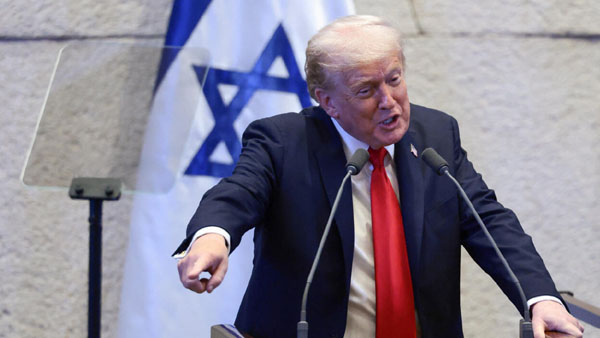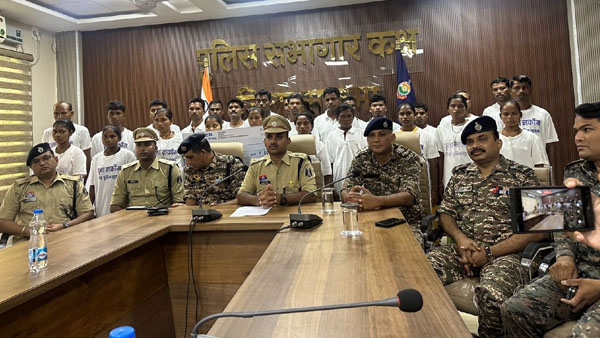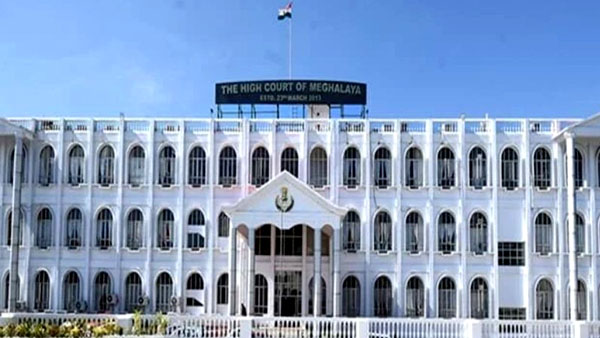Satyabrat Borah
The release of Israeli hostages by Hamas has sparked a flicker of hope across West Asia, a region long scarred by conflict and mistrust. Former President Donald Trump whose diplomatic efforts have been credited with brokering this moment is being hailed by some as a peacemaker. Yet the euphoria surrounding this achievement must be tempered with caution. The return of hostages while a significant humanitarian breakthrough does not automatically pave the way for lasting peace. The road to stability in West Asia remains fraught with challenges rooted in deep seated grievances competing national aspirations and the ever present specter of violence. For peace to take hold both Palestinians and Israelis must confront difficult truths about their respective roles in perpetuating the conflict and commit to transformative steps that go beyond symbolic gestures.
The hostage release is undeniably a triumph of negotiation, one that underscores the power of diplomacy when wielded with determination. Trump’s unconventional approach often criticized for its bluntness and disregard for diplomatic norms appears to have yielded results where others have faltered. His administration’s focus on leveraging economic incentives and regional alliances particularly through the Abraham Accords reshaped the geopolitical landscape of West Asia. By normalizing relations between Israel and several Arab states Trump’s team created a framework that sidelined traditional sticking points like the Israeli Palestinian conflict in favor of broader regional cooperation. This strategy while controversial provided the leverage needed to pressure Hamas into releasing the hostages. The deal reportedly facilitated by Gulf states and Egypt demonstrates that pragmatic diplomacy can achieve tangible outcomes even in the most intractable conflicts.
However the release of hostages is not a panacea. It is a single step in a much longer journey one that requires both sides to address the underlying causes of the conflict. For Palestinians the path forward hinges on their ability to demonstrate a genuine commitment to demilitarizing Hamas. The militant group which has controlled Gaza since 2007 has long been a lightning rod for Israeli security concerns. Its rocket attacks, cross border incursions and explicit rejection of Israel’s right to exist have fueled a cycle of violence that has left thousands dead and entire communities traumatized. While Hamas’s decision to release hostages may signal a willingness to engage in diplomacy it does not erase the group’s history of militancy. The Palestinian leadership whether through the Palestinian Authority or other factions must prove that this moment is not a tactical maneuver but a genuine pivot toward peace. This means dismantling Hamas’s military infrastructure disavowing terrorism and fostering a political culture that prioritizes coexistence over confrontation.
The challenge for Palestinians is immense. Hamas’s grip on Gaza is not merely a matter of military control but a reflection of deeper social and economic realities. Years of blockade, economic stagnation and political disenfranchisement have created fertile ground for militancy. For many Palestinians Hamas represents resistance against Israeli occupation, a symbol of defiance in the face of overwhelming odds. Convincing ordinary Palestinians to abandon this narrative in favor of demilitarization will require more than rhetorical appeals. It demands concrete improvements in living conditions, economic opportunities and a political process that gives Palestinians a stake in their future. International donors particularly the Gulf states must step up with investments in infrastructure education and job creation to show that peace delivers tangible benefits. Without such efforts the allure of militancy will persist and the hostage release will remain a fleeting moment rather than a turning point.
On the Israeli side the path to peace requires a fundamental shift in attitude toward Palestinian statehood. For too long Israeli governments have oscillated between ambivalence and outright hostility to the idea of a Palestinian state. While security concerns are real the blanket rejection of Palestinian aspirations has only deepened the conflict. The hostage release offers Israel an opportunity to reassess its approach to engage with Palestinian moderates and to signal that it is open to a future where two states can coexist. This does not mean ignoring the very real threats posed by groups like Hamas but it does mean recognizing that the military might alone cannot secure Israel’s future. A Palestinian state provided it is demilitarized and committed to peace could serve as a buffer against extremism rather than a threat to Israel’s existence.
Yet the obstacles within Israel are formidable. Domestic politics driven by nationalist factions and settler movements have increasingly shaped the country’s approach to the conflict. These groups view any concession to Palestinians as a betrayal of Israel’s historical and religious claims to the land. The expansion of settlements in the West Bank now home to over 700000 Israelis has further complicated the prospects of a two state solution. Each new settlement entrenches a reality that makes territorial compromise harder to achieve. For Israel to move forward its leaders must confront these internal divisions and make the case to their public that peace with the Palestinians is not only possible but necessary for long term security. This will require political courage, a commodity often in short supply in a nation perpetually on edge.
The international community too has a critical role to play. The United States under Trump’s leadership has shown that it can wield significant influence in West Asia but it must do more than broker one off deals. Sustained engagement including support for Palestinian institution building and pressure on Israel to halt settlement expansion is essential. Other global powers particularly the European Union and the United Nations must move beyond moral posturing and contribute to a coordinated strategy that incentivizes both sides to make concessions. The Arab states emboldened by their new ties with Israel can act as mediators ensuring that neither side feels isolated or abandoned in the peace process. Their economic clout and regional influence could tip the balance toward a sustainable resolution.
The end of a war or in this case a significant step like the hostage release often brings a surge of optimism. People celebrate the return of loved ones and the promise of a quieter future. Yet history teaches us that such moments are fragile. The Israeli Palestinian conflict with its decades of bloodshed and mistrust is not a puzzle that can be solved with a single diplomatic coup. The selective amnesia that accompanies ceasefire celebrations must not obscure the hard work ahead. Both Palestinians and Israelis have agency in shaping what comes next. For Palestinians this means proving that they can move beyond the politics of resistance and embrace governance that prioritizes peace. For Israelis it means acknowledging that Palestinian statehood is not a threat but a prerequisite for their own security. The world watches not with bated breath but with cautious hope knowing that peace in West Asia is a prize worth pursuing but one that demands sacrifice, compromise and an unwavering commitment to a shared future.




